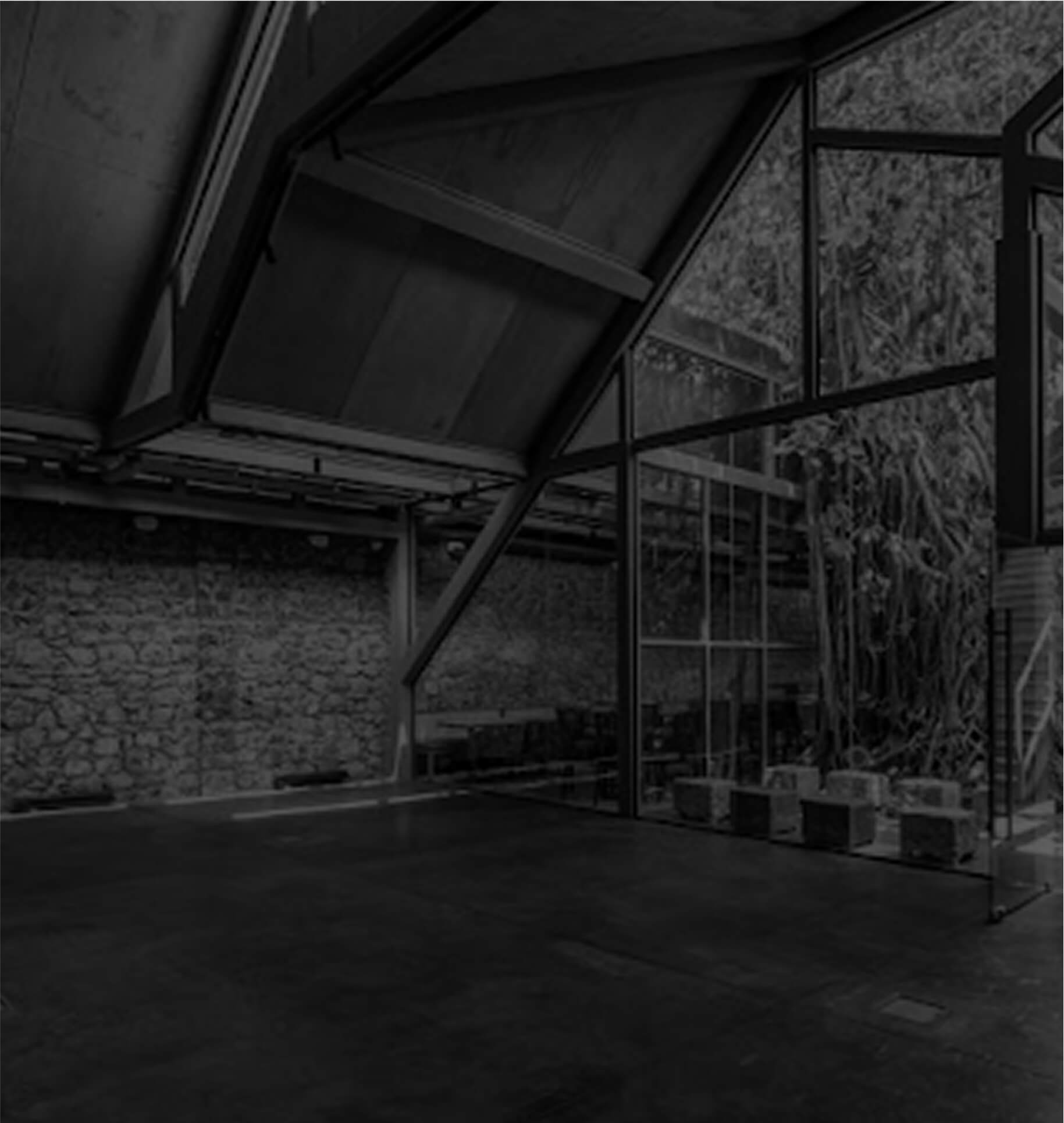
About The Event
With her signature wit, Radhika will take us through the hilarity of dating disasters, navigating in-laws, and the quirks of middle-aged men.
ABOUT THE ACT
A show that cleverly weaves together stories about dating the wrong guys and marrying the right mother-in-law, why women make good friends, and what makes middle-aged men special.
ABOUT THE ARTIST
Radhika Vaz is an improvisational comedian and writer who lives and works in New York. She gave up a career in advertising to follow her true calling: making people laugh and think. She trained with members of the Groundlings School, Improvolution, where she is a visiting faculty member, Upright Citizens Brigade and the Magnet Theatre. Her bi-weekly column (Read It And Weep) in the Times of India’s op-ed page reaches millions of readers. Her comedy web-series ‘Shugs and Fats’ won a Gotham Independent Film Award in New York and was featured at the Tribeca Film Festival, and her book ‘Unladylike, A Memoir’ is available in stores and online. Her hobbies include powerlifting and watching an embarrassing number of low-quality reality TV shows.


